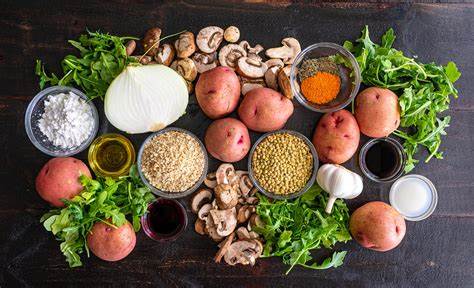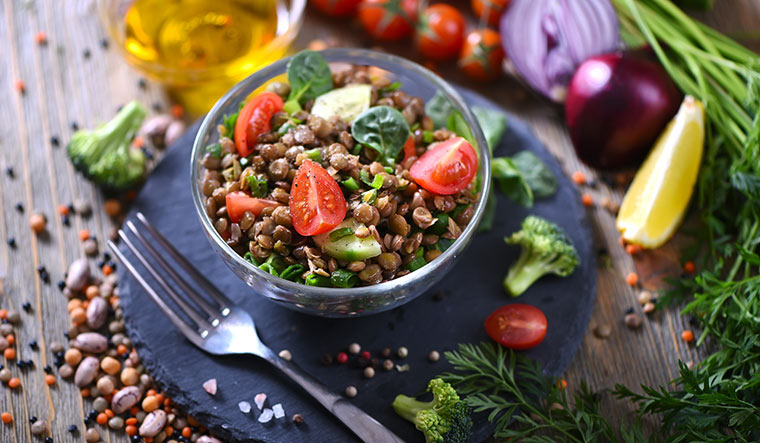
HEALTH
Plant-based and lab-grown meat: an Indian opportunity
- Admin
- Aug 15, 2023

Plant-based and lab-grown meat: an Indian opportunity
With homegrown talent, agricultural biodiversity, and manufacturing capability, India can be a leader in the alternative proteins sector
François de la Rochefoucauld, the French author and moralist who was known for his maxims, said, “To eat is a necessity, but to eat intelligently is an art”. These words have never been more relevant. While it is essential to eat intelligently to keep ourselves healthy, in the world of today, our food habits impact the survival of our species. As people get wealthier, they are consuming more and more meat. Animal agriculture is responsible for 14 per cent to 18 per cent of greenhouse gas emissions more than the entire transportation sector. According to the Yale School of Forestry and Environmental Studies, 80 per cent of the land clearing in countries which had Amazon forest cover can directly be attributed to cattle ranching. In fact, if one was to feed a chicken nine calories of food one would only get back one calorie by way of meat. These concerns coupled with the birth of zoonotic diseases and antibiotic resistance emanating from industrial agriculture make for grim reading. The more one reads, the more one realises that the planet is unable to bear the burden of our food habits.
In 2050, the world’s population is going to be 10 billion and feeding this population with the current food system is impossible. Bill Gates in his book How to Avoid a Climate Disaster advocates for innovation in food technology and speaks of cultivated and plant-based meat. Cultivated meat is meat that is grown in a facility and not on an animal’s body. Cultivated meat is made from the same cell types arranged in similar structure as animal tissue and tastes, looks and feels like the meat people eat today. Plant-based meat is, like the name suggests, made from plants. It is made with various texturisation technologies, the most commercial one being extrusion. The technologies have the potential to make plant-based meat products like kheema or a chicken breast and even a fish fillet.









